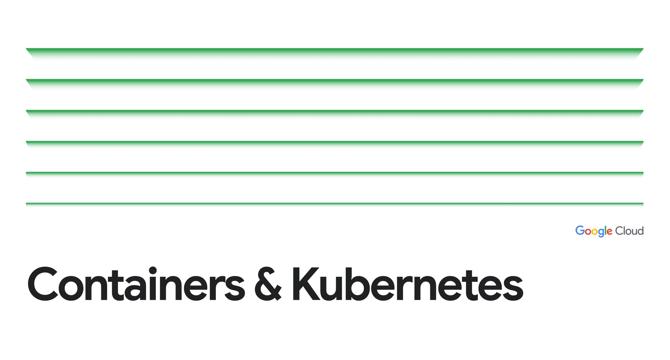Cloudblog
1M
420

Image Credit: Cloudblog
Data loading best practices for AI/ML inference on GKE
- As AI models increase in sophistication, there’s increasingly large model data needed to serve them.
- Loading the models and weights along with necessary frameworks to serve them for inference can add seconds or even minutes of scaling delay, impacting both costs and the end-user’s experience.
- Inference servers such as Triton, Text Generation Inference (TGI), or vLLM are packaged as containers that are often over 10GB in size.
- This can make them slow to download, and extend pod startup times in Kubernetes.
- This blog explores techniques to accelerate data loading for both inference serving containers and downloading models + weights.
- Accelerating container load times using secondary boot disks to cache container images with your inference engine and applicable libraries directly on the GKE node.
- Accelerating model + weight load times from Google Cloud Storage with Cloud Storage Fuse or Hyperdisk ML.
- GKE lets you pre-cache your container image into a secondary boot disk that is attached to your node at creation time.
- Using Cloud Storage as the source of truth, there are two main products to retrieve your data at the GKE-pod level: Cloud Storage Fuse and Hyperdisk ML (HdML).
- Loading large AI models, weights, and container images into GKE-based AI models can delay workload startup times.
Read Full Article
25 Likes
For uninterrupted reading, download the app